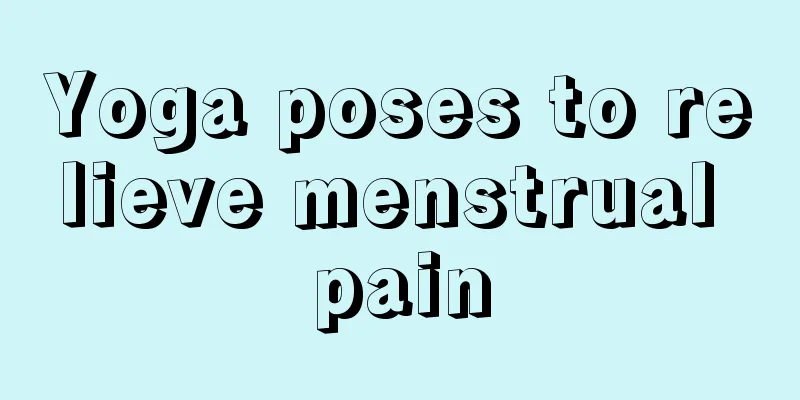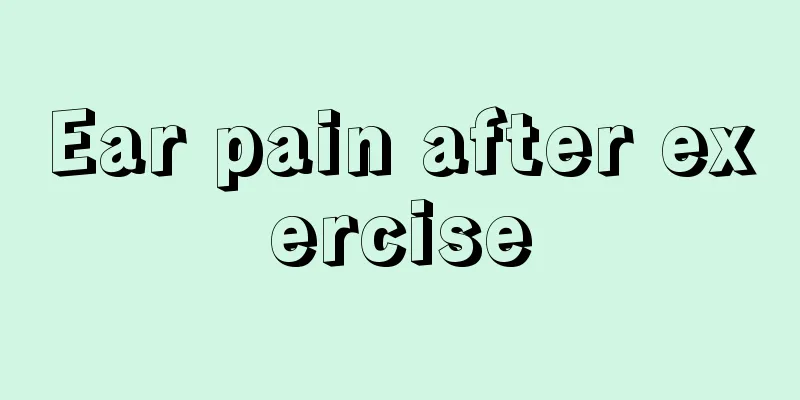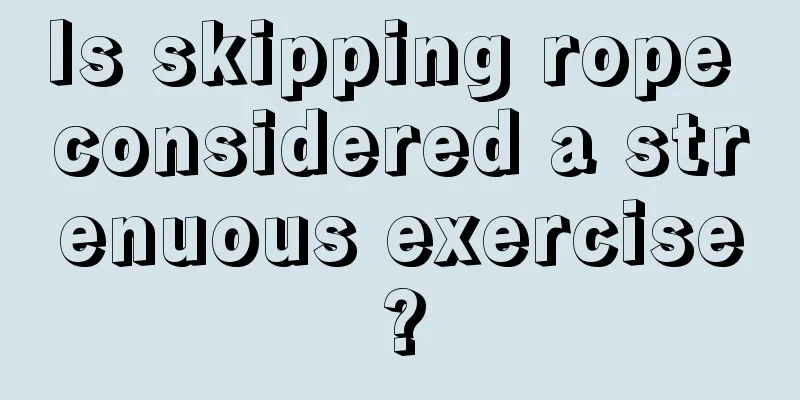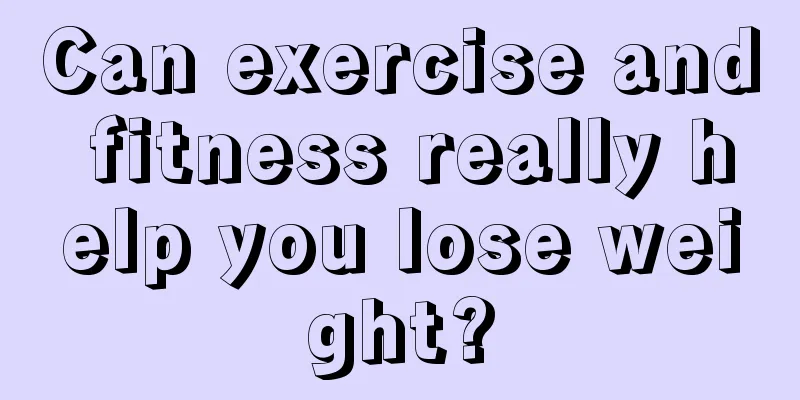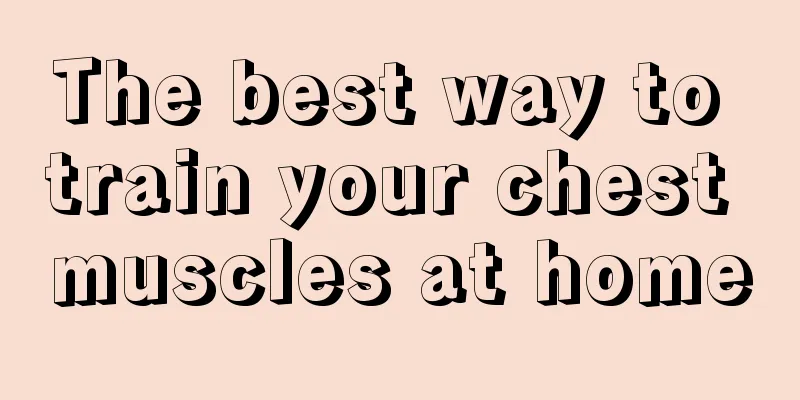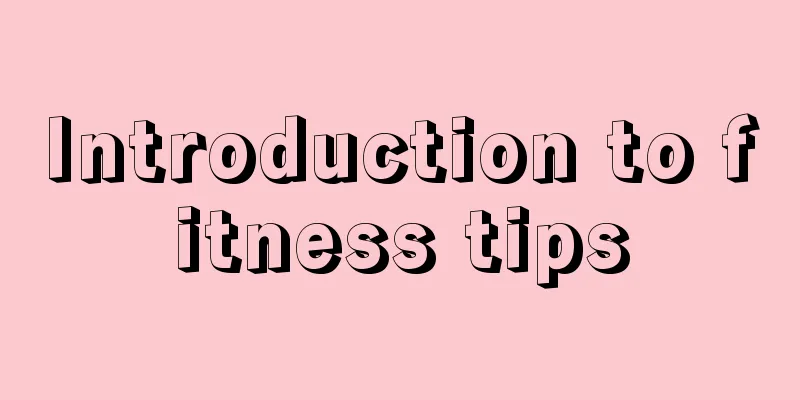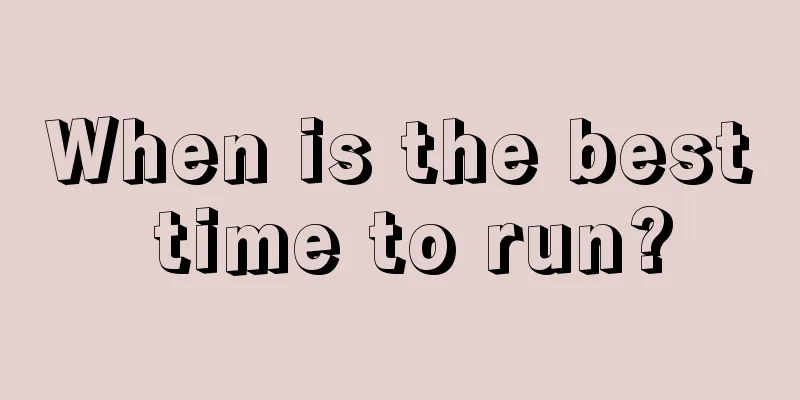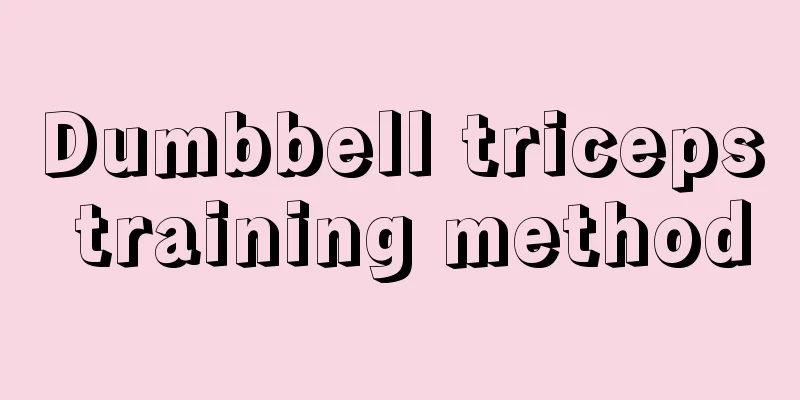How to practice squats
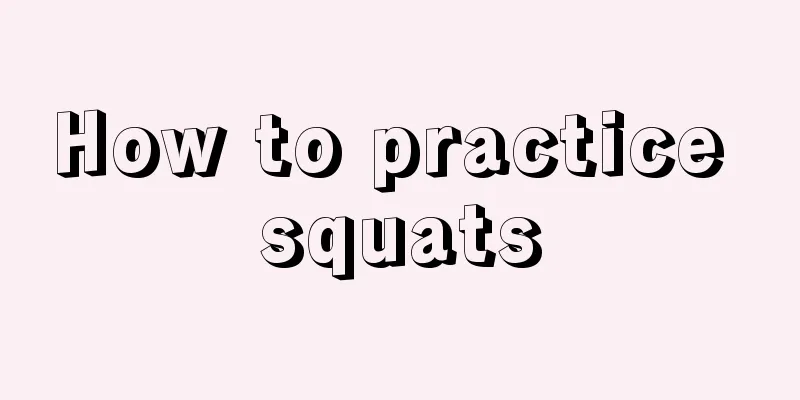
|
Squats are a method of exercise that can activate our whole body. I believe everyone has done squats in previous physical education classes. This type of exercise can not only help us move the joints and muscles of our legs, but also help us lose excess fat in our body, and also help us regulate our body's endocrine system. In short, squats have many benefits, and doing squats regularly is good for the body. So, how to practice squats? Let’s take a look together. Squat training can stimulate the entire lower limb muscles, and there are different ways to squat. 1. Squat jump Very good progression exercise, a very good cardio exercise, squat down and then jump as high as you can. Squat down on the way down. It can be calculated not by the number of actions, but by time. 2. Split squat Place one leg on an elevated object and do a deep squat, also called a Bulgarian squat. If you feel unbalanced during the squat, you can hold on to a wall, such as doing squat jumps for 30 seconds. 3. Barbell Back Squat If you are already comfortable doing freehand squats, then you can try weighted barbell squats. If your back and knee joints are not in good condition, it is best not to do this exercise. Put the barbell on your trapezius muscles instead of on your neck. Keep your head up, chest out, and back straight. Feel like you are going to sit down. Imagine that there is a stool behind your butt and you are going to sit down. Squat as deep as you can, until your thighs are parallel to the ground or deeper. 4. Barbell Front Squat Place the barbell on your collarbone. There are many other ways to place it, such as crossing your hands. It will be all right. When placing the barbell in this way, it is best to move your wrist joints before placing it. When you squat, you will find that compared with the front squat and the back squat, your waist and back will bear greater pressure. At this time, you still need to keep your waist and back straight. 5. Monkey squat This is a very interesting squat that stimulates the hamstrings and buttocks. People with poor flexibility will find it difficult to do this movement. Squat down and grab your ankles or toes, stand up, and repeat. 6. Sumo squat The stance of the sumo squat is very wide, with the soles of the feet facing outward. People with poor flexibility will find it difficult to do this movement and have difficulty maintaining balance. Sumo squats work the inner thighs more strongly than regular squats. 7. Sumo squat jump The movements are the same as those of a normal squat jump, except that the starting position is changed to a sumo position. According to the above introduction, we know that squats are divided into different types. Everyone can choose different squat methods according to their needs, which can better help their training. Moreover, squats are a whole-body training exercise and also have certain risks. Many methods are not suitable for people with heart disease. Therefore, people with heart disease should choose carefully and not train blindly. |
<<: What parts of the body can be reduced by squatting?
>>: How to practice skipping rope
Recommend
How to train your lower chest muscles with push-ups
Nowadays, people pay more and more attention to t...
What is double figure skating?
Many people like the sport of ice skating, but fo...
What sports are suitable for middle-aged and elderly people?
Now more and more people have realized the import...
What are some exercises to tighten your whole body?
What kind of exercises can tighten the whole body...
How to lose weight successfully by playing basketball
Playing basketball can make you sweat a lot and c...
What are some yoga exercises for beginners?
Many people learn yoga from videos, while some le...
What are the benefits of playing basketball?
There are differences in the sports that men like...
How many sit-ups should I do every day to lose weight?
I think in real life no one wants to become obese...
What are the effects of playing badminton on the knees?
There are many things in life that have two sides...
Men's Fitness Program Introduction
Everyone loves beauty, regardless of gender, age,...
Hatha Yoga Poses
Yoga is a way of exercising. In urban life, men p...
Changes after running for one year
If you keep running for a year, your body will ch...
How should we keep fit in our daily life?
As people pursue beauty. A devilish figure is wha...
How to train abdominal muscles
There is often extra fat on the belly, which is r...
What is the purpose of sit-ups?
In fact, many people are only half-knowledgeable ...
